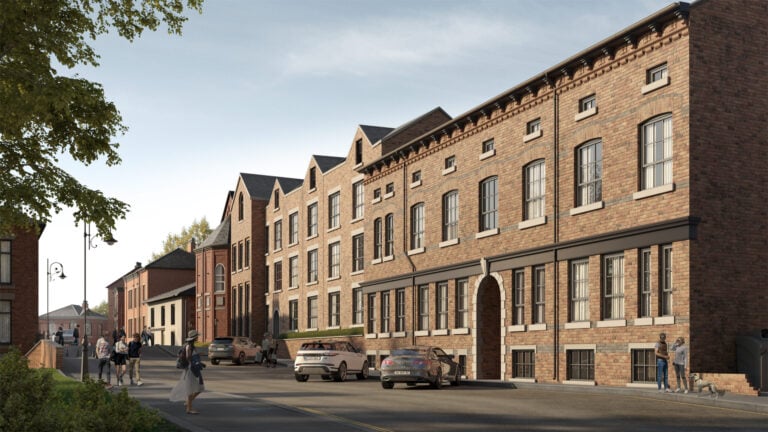Removing landlords from the housing market would deprive the UK economy of around £45bn per year, says a new report looking at the importance of the private rented sector.
Small and medium-sized landlords that own 15 rental properties or less make a significant contribution to the country’s gross value add, according to a new report produced by PwC, Paragon Bank and the National Residential Landlords Association (NRLA).
It looked at this particular landlord type (small and medium) because they own around 80% of all the privately rented properties in England and Wales, which amounts to around 3.8 million homes out of the total 4.8 million within the sector as a whole.
These landlords also support more than 390,000 jobs directly and in the wider economy, which includes 129,000 directly supported jobs and 260,000 jobs supported by the sector’s supply chain and through additional spending generated by the sector.
The benefits of landlords on the economy
Real estate, construction, building maintenance and landscaping are the main sectors with jobs linked to the private rented sector, says the report, which also points out that if the private rented sector was just 10% smaller, £4.5bn and 39,000 jobs would need to be provided alternatively.
At the same time, if the rental market were to expand by 10%, this could bring an estimated £4.5bn of additional GVA and create 39,000 more jobs linked to the sector.
The report set out a list of main benefits that can come from buy-to-let landlords and the private rented sector:
- Direct benefits: Captures the value and jobs that are created directly when landlords provide housing services. This captures the value that tenants receive in terms of shelter and household amenities in exchange for rent, and it relates to jobs such as own-management of rental portfolios.
- Supply chain benefits: Captures the value added down the supply chain, which is generated by demand from landlords as they spend on letting agents, plumbers, etc, to provide housing services. These are also known as indirect benefits.
- Spending benefits: By supporting employment in the economy (both directly and indirectly through supply chains), the sector helps support incomes. Workers spend this income, supporting further economic activity across the wider economy. These spending effects are also known as induced benefits.
“Pivotal role”
The total GVA generated by the UK private rented sector – £45bn – is roughly the same size as the total GVA of Kent, says the report. As Ben Beadle, chief executive at the NRLA, points out, the results demonstrate how the rental market plays a “pivotal role” in not only providing homes, but high-quality employment, too.
“These findings also underline how further growth could help the PRS to underpin a significant number of additional jobs over the coming years,” he added.
James Bailey, UK housing leader at PwC UK, added: “The scale of this footprint demonstrates the significance of the sector in the economy as a whole.”
To read the full report, titled Economic Contribution of the Private Rented Sector, follow this link.
If you want to keep up to date with the latest news and changes in the UK property and rental market, see our property news page.









